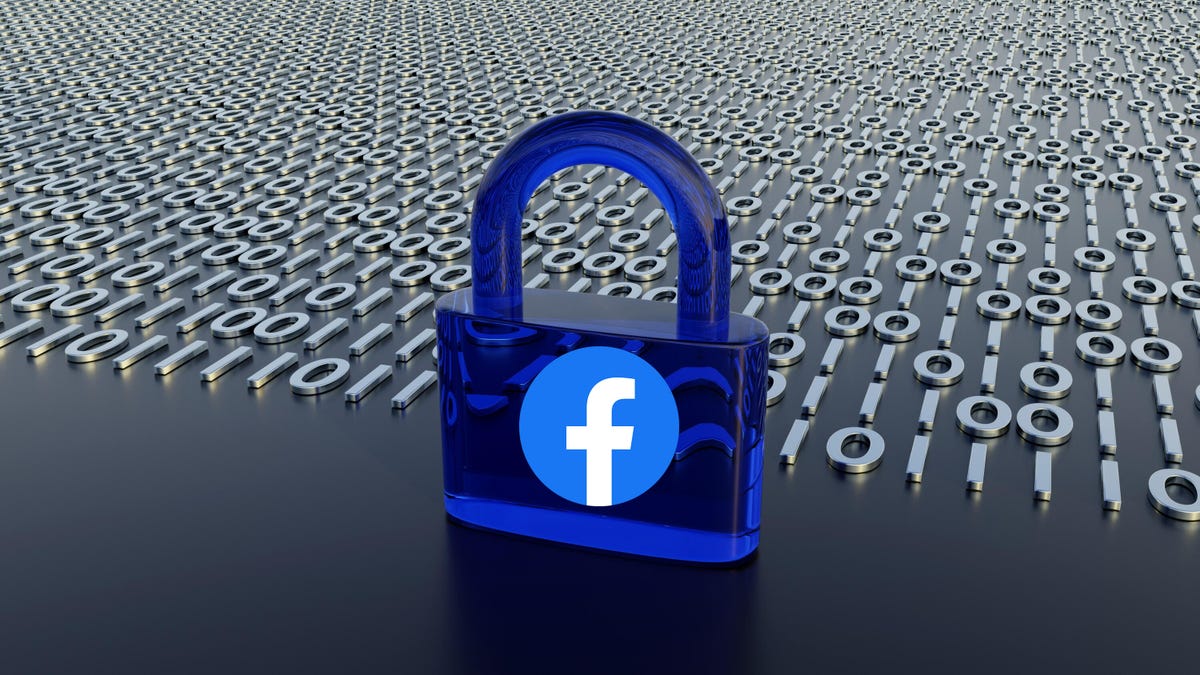Facebook pulls down hundreds of fake accounts from Russia and France
The fake accounts targeted countries in North Africa and the Middle East.

Facebook announced new account takedowns on Tuesday.
Facebook has removed hundreds of fake accounts from Russia and France that targeted countries in North Africa and the Middle East, the company said Tuesday.
The account takedowns come before the general elections in the Central African Republic on Dec. 27. Facebook pulled down the accounts, which posted about news and current events, for violating its rules against foreign or government interference and against misleading others about their purpose and identity.
For the first time, Facebook said, it saw influence operations engaging with one another by commenting on one another's posts or criticizing the other side for being fake.
"Facebook's takedown marks a rare exposure of rival operations from two different countries going head to head for influence over a third country. It underscores how geopolitical sparring on the ground in Africa is playing out in parallel across social media -- not just Facebook, but also Twitter, YouTube, and long-form news articles written by the operations," according to a report released Tuesday by Graphika and the Stanford Internet Observatory.
The social network said it pulled down three networks of fake accounts, one of which had links to individuals tied to the French military. Facebook pulled down 84 Facebook accounts, 6 Pages, 9 Groups, and 14 Instagram accounts from France, which once colonized the Central African Republic. The accounts posed as locals and posted comments with support for the French military, claims of potential Russian interference in the Central African Republic election and other topics.
Nathaniel Gleicher, who oversees Facebook's cybersecurity policy, said in a press call that the French operation has been running since 2018 but that the company couldn't say how many people were involved.
"We don't have evidence that there is institutional control or commanding control from military leadership," he said.
About 5,000 accounts followed at least one of these Facebook Pages, roughly 1,600 accounts joined at least one of these groups and around 200 people followed at least one these Instagram accounts.
Facebook also pulled down two networks of fake accounts with links to past activity associated with a Russian troll farm, known as the Internet Research Agency, infamous for interfering in the 2016 US presidential elections. The company pulled down 63 Facebook accounts, 29 Pages, 7 Groups and 1 Instagram account from Russia that mostly focused on the Central African Republic. The accounts posted about the novel coronavirus, the upcoming elections in the Central African Republic and other news.
The second network of Russian-linked fake accounts focused primarily on Libya, Sudan and Syria. The operation included 211 Facebook accounts, 126 Page, 16 Group and 17 Instagram accounts that were removed by Facebook.
It's unclear why the Russian and French influence operations were interacting with another. In some cases, the Russian and French operations were posting in the same communities or had opposing narratives about the Central African Republic. In other cases, the accounts friended one another and amplified each other's posts, which Graphika's report stated was "somewhat puzzling."
"This may have been intended to portray the trolls as reasonable users who were able to see both sides of the story, or to polish their bona fides as fake-news exposers," the report stated.

